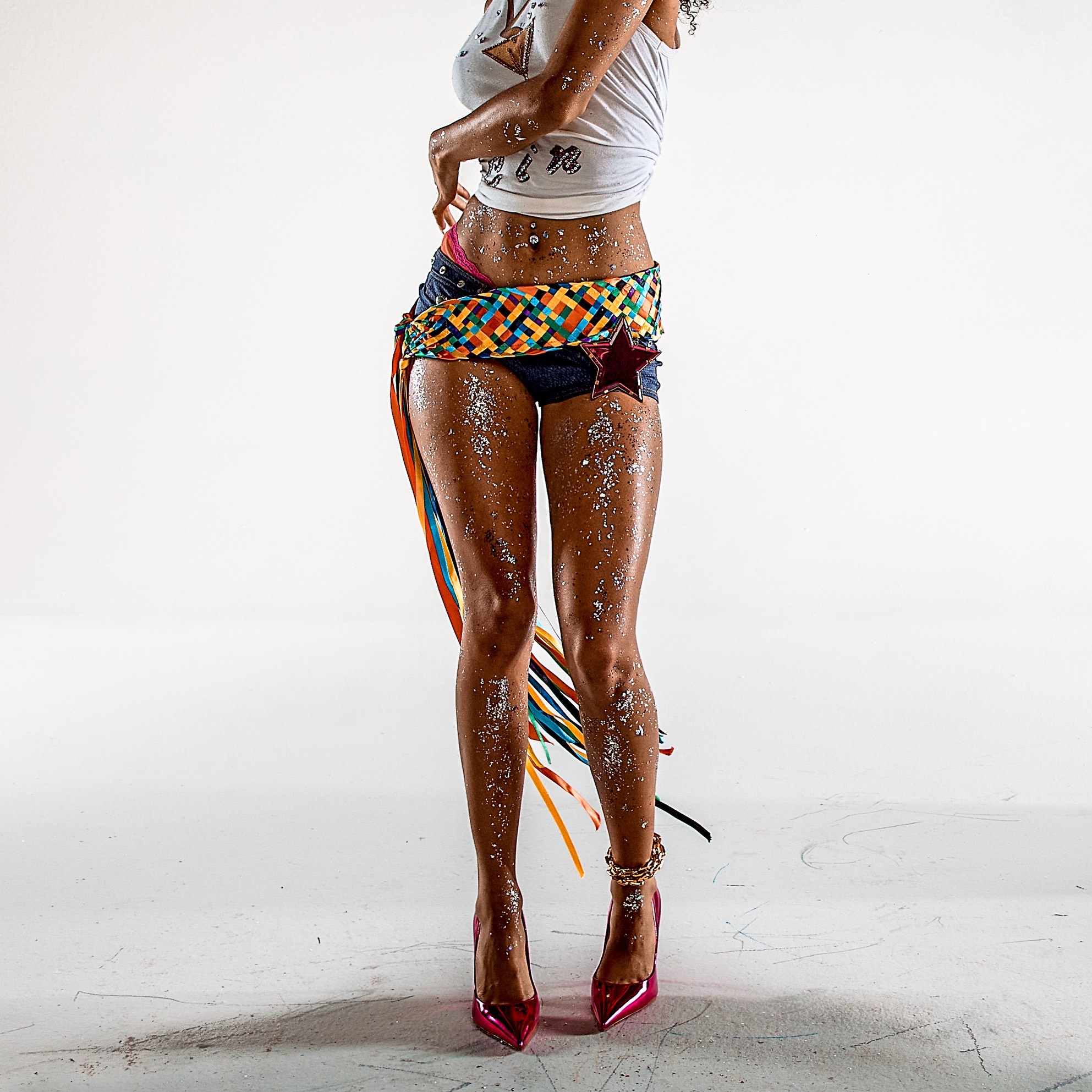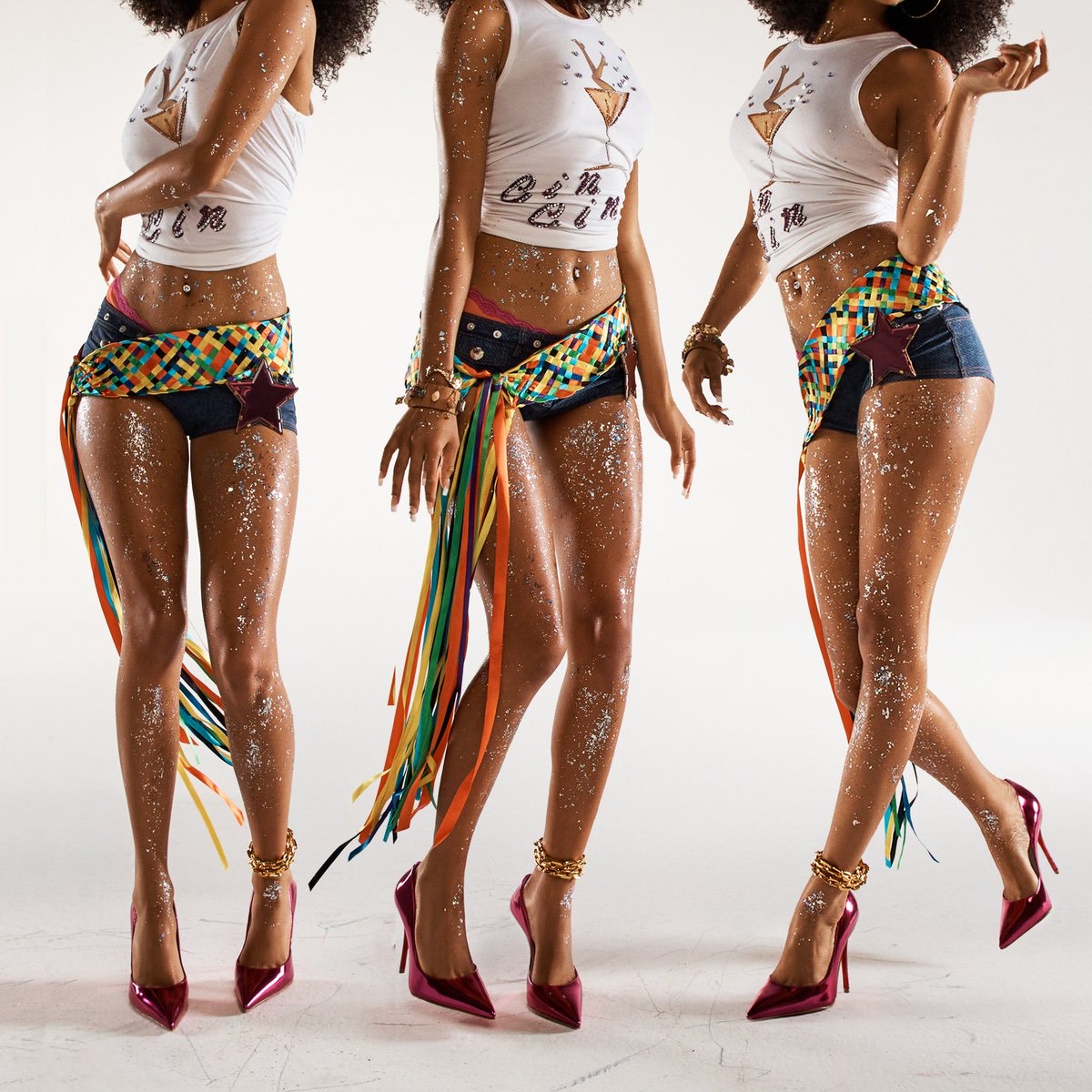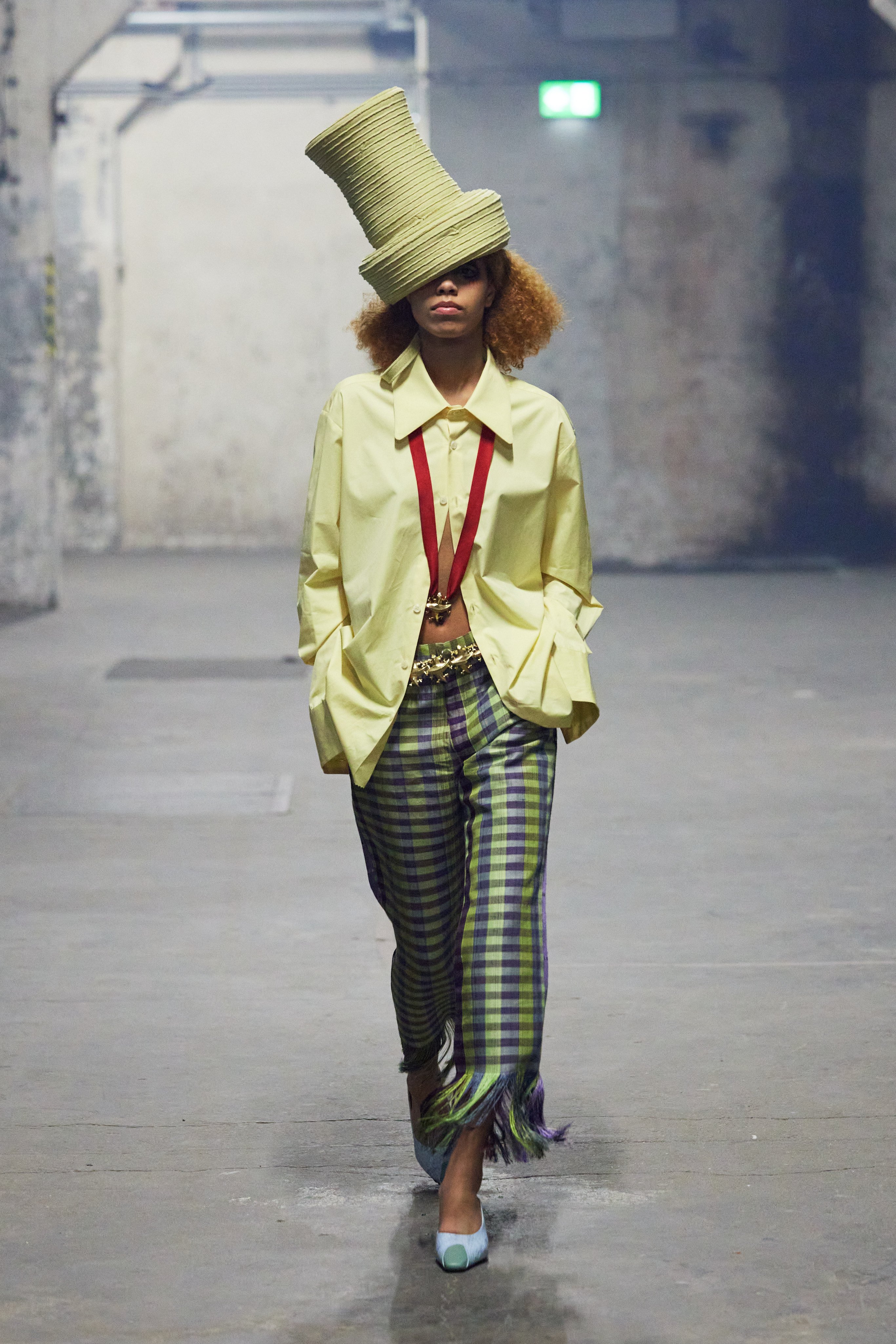Controversy—or more broadly speaking, being made into fodder for public discourse- is an occupational hazard of celebrity. Every public figure gets their share. In a sense, this penchant for dissecting and debating the minutiae of our favourite celebrities is as much a reflection of the innate human desire for gossip as it is a reflection of our tendency to venerate celebrities. We elevate them to standard fitting only perhaps for demi-gods. And so every lapse on their part takes on commensurate weight. Likewise, affronts to our favorite celebrities often come across as personal attacks, much like how one might feel aggrieved at a slanderous statement towards one’s religion or beliefs.
Tyla, like every other celebrity, is often the subject of public debate. But in recent times it has started to feel as though she is disproportionately affected by controversy. Last year, she was harangued several times by Black Americans who took offense at her addressing herself as coloured. The word “coloured,” you see has a different valence in America and in South Africa, where Tyla is from. While in America the word crackles with racist undertones that trace back to the Jim Crow era, in South Africa, however, the word is a common descriptor for people of mixed race. This misunderstanding however had her in the crosshairs of certain Black Americans. Her various wins at the Afrobeats category of several award shows have stirred controversy, as has her allusion that the chant “we wanna party” derives from South Africa.
This time, the commercial performance of her just-released EP We Wanna Party has once again centered her in public conversation. The project sold about 3700 units in the US in its first week, which has prompted chatter about her “decline.” Social media is awash with comments, some malicious, others concerned about the potency of her powers which in 2023 spawned her tour de force Water. Joe Budden, by way of his eponymous podcast, echoed the sentiment, which had been gaining momentum on social media, that her modest, if “poor,” commercial showing is the result of her having “fallen out with the Black community”-an allusion to her comments about being coloured. All of this then raises the question of whether Tyla’s WWP flopped and what to make of her career trajectory.
In answering this question it's first important to note that while Tyla has increasingly become a force within the American pop culture scene, she is not an American artist. She is from South Africa and presents herself as a global artist. So, using first-week sales in the US as an ironclad yardstick for gauging her success is entirely misguided. The second point to consider is that WWP is an EP with four tracks, two of which are pre-released singles. As it is an EP, the project also wasn’t propped up by the promotional expedients synonymous with pushing out an album.

Having given nuance to the situation we can now look into the actual numbers. In its first week, the album tallied some 12 million on-demand streams on Spotify and crossed the 60 million mark on the platform (adding the extant streams of the pre-released singles.) These numbers are far from extraordinary but they are a far cry from the flop tag with which many have characterized the album.
If we similarly take nuance into account when considering WWP‘s first week album sales in the US, what turns up is pretty interesting. With around 24,000 units sold in the US in its first week, Tyla’s eponymous debut album is widely considered successful. But that number accounts for 17 tracks. Which means each track averaged about 1400 units. With 3700 units sold, Tyla’s WWP averaged 925 units per track, which is not astronomically far off from her successful album, which, by the way, had in it one of the biggest global hits that year. Another way to look at this is by comparing the numbers to similar projects by African artists. Wizkid’s 4-track S2, which holds the record of having the biggest first week sales numbers in the US for an EP by an African artist, recorded 4,500 units in its first week.
Putting all of this in perspective, for an EP with two pre-released singles, Tyla’s WWP is far from a flop.
.svg)







.png)

